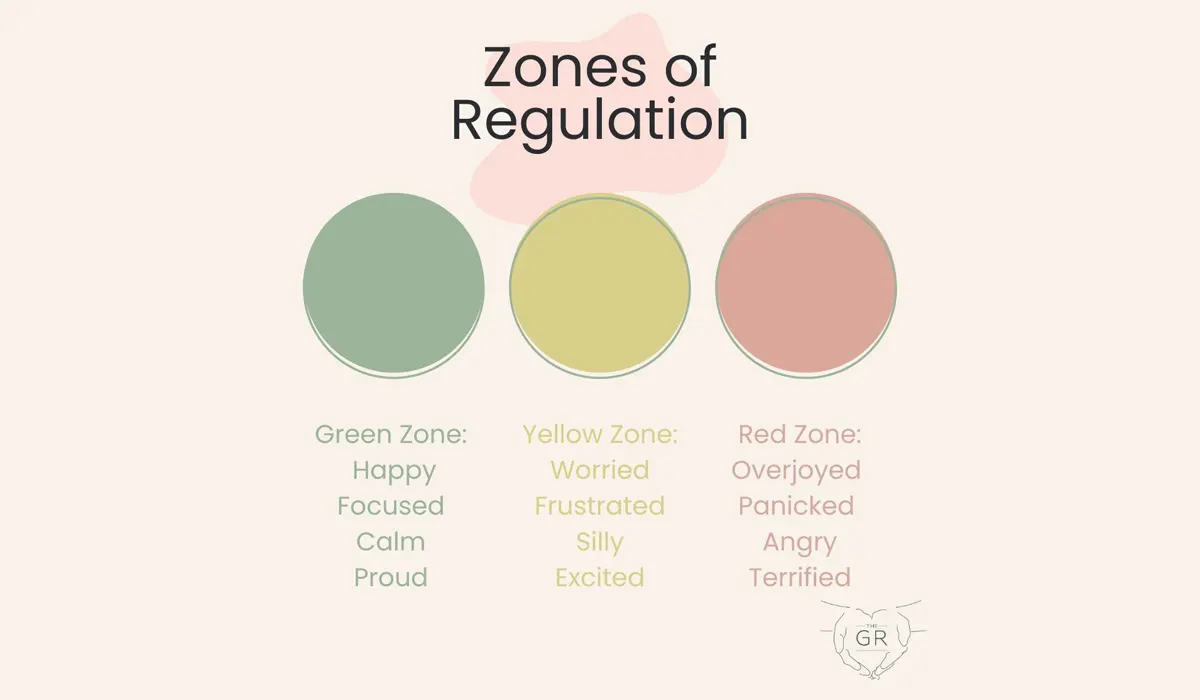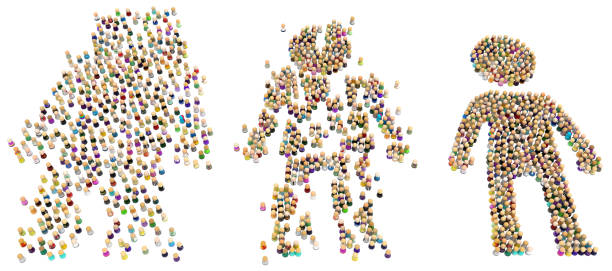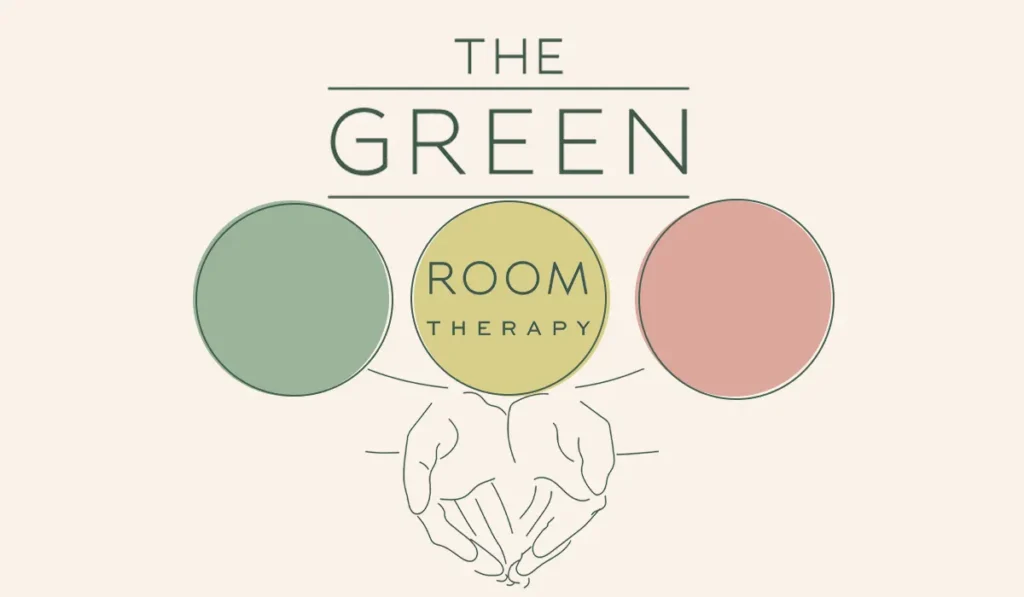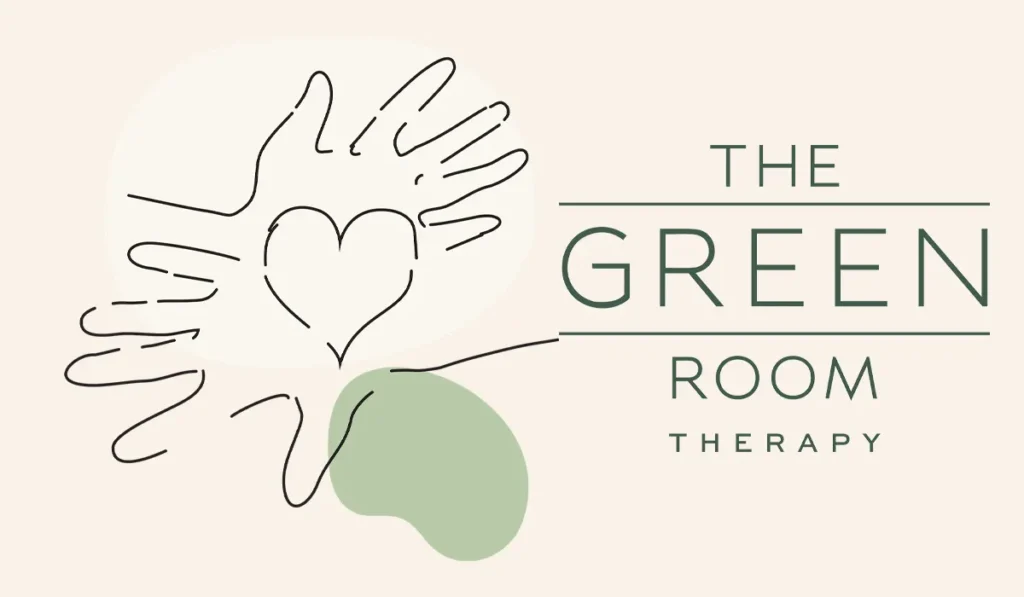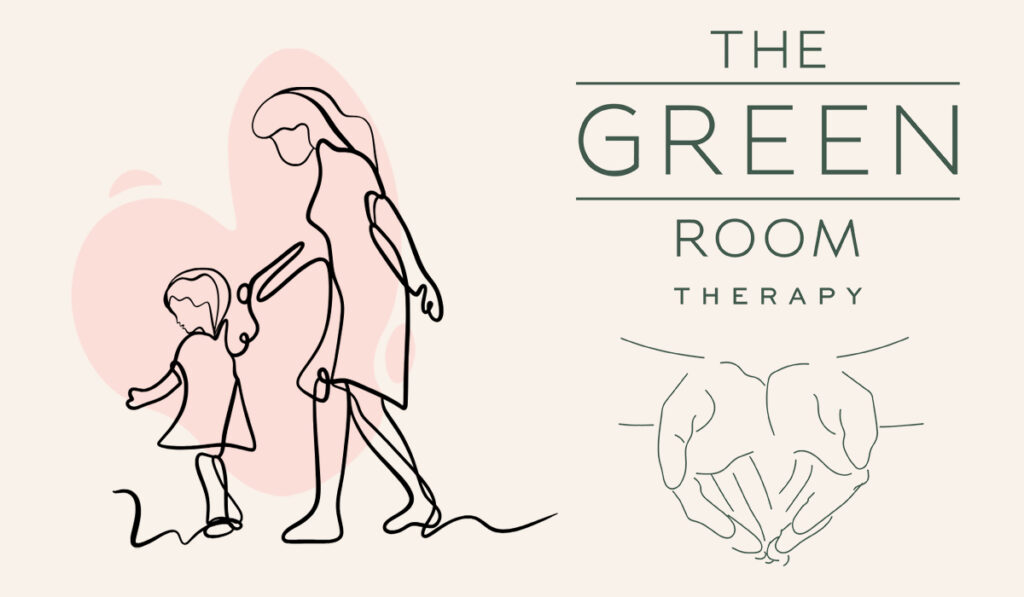Kids are “live in the moment” individuals. Their developmental age keeps them interested in what is happening in front of them. This is different from adults. Adults consider the moment, the immediate future, and the impact from the past or from their personal experiences. Adults can make decisions based on the best assessed outcome for them and for those around them. Adults are aware of the consequences of their actions. Children are much less aware of this and need to learn it as they grow into teenagers and adults, at which point, their brain will fully develop and they will think more like adults.
When we want our children to listen to us or follow our guidance, we are taking into account all of the factors that will impact the decision. Kids simply do not do that. Somewhere, deep down on an unconscious level, they know that they are too young and inexperienced to meet their basic needs (such as, keep themselves safe, find ways to feed themselves or secure shelter). They know they ultimately need to follow their parents’ guidance when it comes to making decisions about their basic needs. However, despite having this intuitive sense, children will focus on the moment and believe that what they want must be what’s best for them. We, as the grown ups, must understand the difference and not defer to our children to make developmentally inappropriate decisions.
In order to help our children develop the ability to make good decisions while also keeping them safe and guiding them, the use of consequences can be very helpful to parents.
Consider these two ways to look at consequences:
We can see them as:
(1) an outcome of our actions/choices OR
(2) something done to us or that we do to others
(1) Natural Consequences
A Natural Consequence is an outcome resulting from a choice we make and subsequent action we take.
In the child development and parenting world, many agree that Natural Consequences are very effective and can be long lasting, more-so than imposed consequences, such as Logical Consequences or Punishments.
Imposed consequences can initially feel more powerful to use and hence are the first go-to responses for parents. However, consider the fact that Natural Consequences are indeed very powerful even though they are not forced by another individual. Natural Consequences are an organic way to influence the outcome of a behavior and their power lies in the direct connection between behavior and undesired outcome.
I think one of the challenges for parents using Natural Consequences is that typically it is not directly given to the child by the parent who is frustrated or angry. It usually comes from the environment and parents just have to enforce it. As such, using Natural Consequences is more subtle and can appear less forceful or confident. That said, if you can be patient, the effects of Natural Consequences are long-lasting and indeed powerful.
Another challenge of Natural Consequences is that sometimes parents are heartbroken having their child follow through with a Natural Consequence because it seems so upsetting to watch the discomfort in their child.
Let me give you an example:
Imagine you’ve just bought your kids an ice cream cone. You request they stay seated while eating the treat. One of your kids chooses to jump around and walk about and the scoops fall off the cone due to the child’s active movement. You warned your children of this natural consequence but your one child did not listen and, subsequently, the ice cream landed on the sidewalk. Once this fact registers, your child will likely begin to scream and cry AND NOW your heart strings are being pulled! In addition to feeling so bad, you might also feel a bit embarrassed that they are crying and screaming in public and you want it to stop.
What do you do? Do you give in and get them another cone or do you let them experience the disappointment?
The Natural Consequence would be to allow them the discomfort of disappointment so they might make a different choice the next time when you warn them of this outcome. The hard part for you is that you were not the one who imposed this consequence, you don’t have a high level of anger to help you stomach their upset, and now you have to sit and watch them suffer with sadness and disappointment. Can you tolerate following through? If you can, your words will likely be taken seriously in the future because you can reference their feelings from this last experience. If you cannot, you will teach them that they don’t have to suffer a natural upset because you will protect them from such consequences and their behavior will not change
I always say, it’s better for your kids to experience upsetting feelings in your presence so you can provide them comfort and management of those feelings, eventually teaching them how to self-soothe when in distress. Let them have difficult feelings and help them cope. They will emerge stronger and armed with learned knowledge that will lead to a better decision in the future.
Here are some other examples of natural consequences in everyday life for you to reference:
- If you are late to the airport for a flight, you will miss that flight.
- Knock your glass over and spill the contents? You have to clean it up.
- Be repeatedly mean toward a friend leads to the loss of that friend.
- Hit a friend and they won’t want to play with you.
- Have a potty accident or wet the bed, help wash your body and take care of clothes and sheets by putting them in the hamper.
- Speed while driving, get into an accident.
(2) Logical Consequences
These are actions that are done to us or that we do to others.
Certainly, when we are having feelings and we want to assert our power, we have no problem issuing consequences or punishments in the moment. Logical consequences make us feel powerful because we impose them on another who will somehow suffer. In the moment, we feel we win.
So, why do so many parents ask me how come their children do not seem to
care about the consequence? I get asked all of the time: “What consequence
can I issue that works?” Parents often tell me that no consequence works unless it’s massive and very punitive. In addition, parents complain that their kids will say, “I don’t care!” when parents issue consequences
I am here to tell you that, not only do your kids totally care, but also that the consequence does NOT have to be massive to work well. When kids are in the “red”, they are in a disregulated state so their reasoning skills become little to none. When they are in the fight, they respond defensively or aggressively, instead of thoughtfully or with reason, that is why they say, “I don’t care”. Once they are calm and they start to actually feel the consequence, they will almost always care. This is when you HAVE to stick with your consequence! It’s much harder because you are no longer bubbling with anger and do not have that motivation to make them suffer to teach them a lesson.
Let’s talk about consequences that are simple and effective. I find that children really respond well to in-the-moment consequences that are related to the behavior or infraction. If you attach the consequence to something that matters to them in the moment, they will most definitely respond. It really works but your follow through has to happen so they know you mean what you say. Otherwise, children’s negative behavior will strengthen.
If-Then Statements
If-then statements are super effective when you want to use simple consequences. Here are some examples that hopefully you can generalize from and use when you need your kids to listen to you. Please know that newly learned strategies and behaviors take time and won’t always work perfectly at the beginning. As I say often, please stick with it until it becomes more natural to you and eventually the If-then statements will roll off your tongue easily.
Here are some examples of If-Then Statements:
- If you run in the grocery store, then you will have to sit in the cart.
- If you climb on my body, then I will sit in the other chair.
- If you scream at me, then I wait to answer you or help you.
- If you use a whiney tone, then I will wait to talk with you once you speak in your regular voice.
- If you splash the water in the tub, then I will remove the toys from the bath.
- If you run around after bath and refuse to get your PJs on, then we will have to skip the story time before bed.
- If you hit me, then I will remove my body to protect it.
- If you tear up your homework, then you will have to explain to your teacher what happened to your homework.
- If you throw your food, then you will have to clean it up.
- If you take an extra treat, then I will remove the treats from the pantry.
You can come up with many of these types of consequences in any interaction with your children. They are simple and they work to steer or shape your children’s behaviors. If you use them often and follow through with consistency, you will be less likely to need the bigger, more punitive consequences. As kids get older, the simple consequences become more complicated but this strategy can work with older children as well.
Shaping your children’s behavior through consequences, either natural or logical can be extremely useful. Punishments are not necessarily the best way to guide your children with better choices or better behavior. As you become well versed in simple but effective consequences, including allowing natural consequences to occur, you will find more compliance and improvement in your children’s behavior. You are also helping your children to learn how to make good, sound choices for themselves. This is a skill that will develop over time and will likely grow into excellent problem solving abilities when they are older adolescents and adults.



